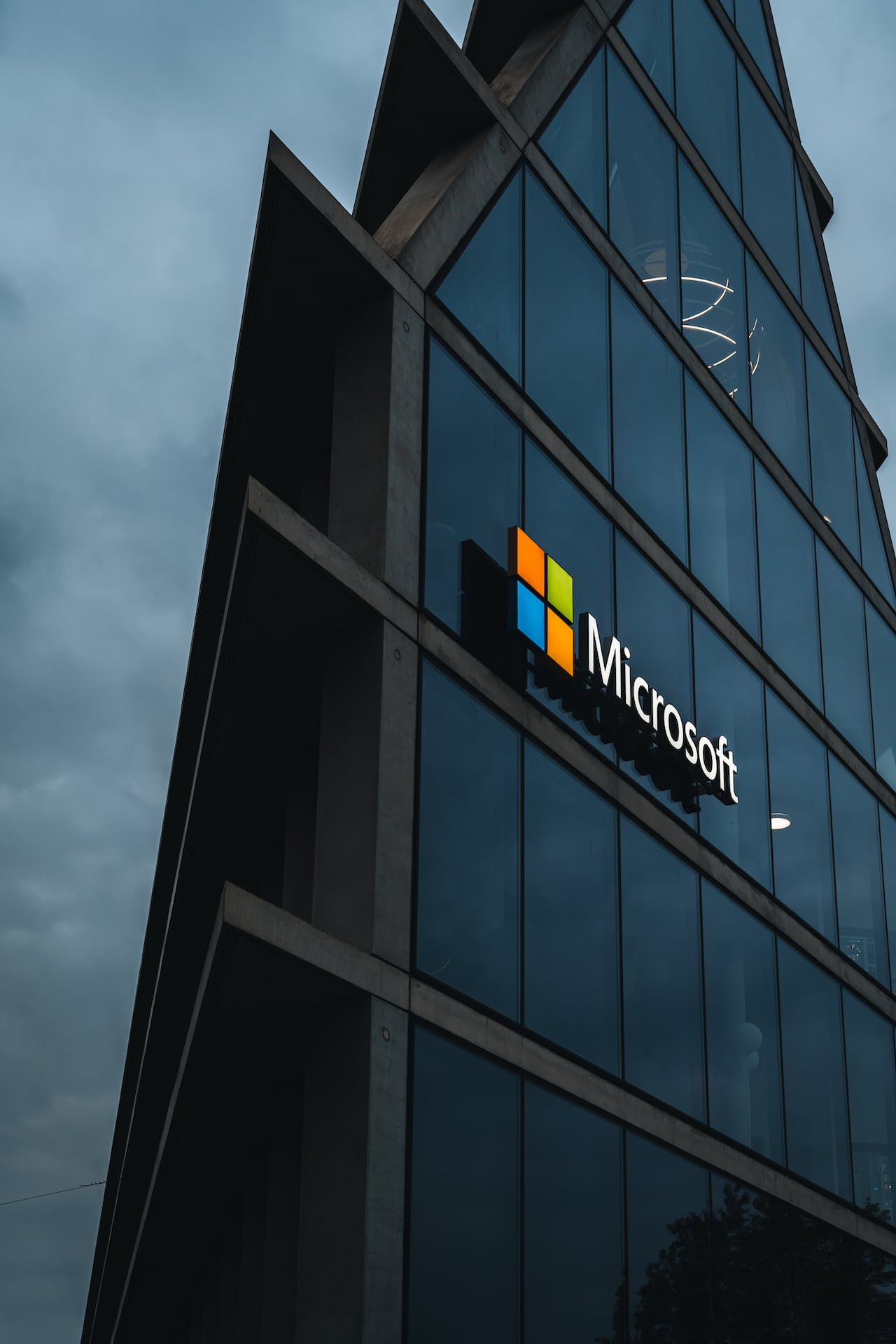Technology
Scrutiny of OpenAI and Microsoft relationship could affect how AI industry grows and innovates

Microsoft is the biggest investor in the commercial arm of OpenAI. (Pexels Photo)
The boardroom of OpenAI, the business that developed ChatGPT, has seen some turbulent times recently. But while the drama around the sacking and reinstatement of CEO Sam Altman has subsided, the company now faces investigation by the UK competitor authority – a regulator that’s been increasingly training its spotlight on big tech in recent years.
After the surprise sacking of Altman by OpenAI’s board in November, he was immediately hired by tech giant Microsoft, which also pushed for him to be reinstated as CEO of OpenAI. A few days later it was confirmed that Altman was back as OpenAI CEO, alongside a new board on which Microsoft was granted a non-voting observer seat.
Microsoft is the biggest investor in the commercial arm of OpenAI. It has put around US$13 billion (£10.3 billion) into the business. It’s also the exclusive supplier of the cloud computer services that OpenAI uses to develop and operate its AI models.
Even though Altman was only out for less than a week, the episode could have a significant impact on OpenAI’s future. It revealed the strong links between OpenAI and Microsoft, prompting UK competition regulator, the Competition and Markets Authority (CMA), to announce an investigation into their relationship.
Competition regulation
The CMA wants to examine whether the current partnership between OpenAI and Microsoft is essentially a merger – that is, whether there has been an acquisition of control by Microsoft or a change in the nature of control. But it also signals the regulator’s intent to continue to closely examine big tech firms as it aims to protect consumers.
In addition to its investments, Microsoft only has non-voting observer status on OpenAI’s board. But if the CMA concludes the partnership is in fact a merger, it will start looking into whether this merger has led to a substantial lessening of competition (SLC). The CMA would then need to consider how to remedy the harm and this could result in a change in the governance structure of OpenAI.
Microsoft’s supply of cloud computing services to OpenAI will also be a crucial part of the investigation. If Microsoft is denying or restricting supply of these services to OpenAI’s rivals, the CMA could conclude that this harms competition.
OpenAI has also developed general-purpose AI systems that can improve a range of applications used widely by consumers, for example productivity software and search engines. The CMA will look at Microsoft’s ability and incentive to restrict the supply of AI systems to companies competing in these markets, for example rivals of Microsoft’s Bing search engine.
Either scenario could ultimately damage the choice and quality of services available to consumers – something competition authorities pledge to protect.
Increased scrutiny of big tech
The CMA’s examination of OpenAI marks a new level of scrutiny of high-tech sectors, which competition authorities across the globe have been keeping a close eye on for the last two decades. The CMA established a Digital Markets Unit in 2021.
Its recent high-profile decisions include delaying Microsoft’s acquisition of Call of Duty game developer Activision Blizzard until it amended the terms of the deal. Before that, it ruled that Facebook owner Meta’s acquisition of GIF video provider Giphy was anti-competitive, forcing it to sell Giphy.
Concerns about restricting supply of products or services to rivals were also central to these cases. And its decisions demonstrate the ability and willingness of the CMA to impose significant structural remedies on companies. It’s even prepared to fully unwind deals that it deemed would harm competition. Other national regulators had already given the deal the green light before the CMA’s intervention was resolved.
The challenges of regulating tech companies
There are some factors that make it difficult for competition authorities to regulate high-tech markets, however. First, these markets are extremely dynamic and can evolve in ways that are unexpected. This makes it hard for competition authorities to accurately determine harm to competition and the impact potential remedies will have.
Second, these investigations often involve large, powerful companies with substantial lobbying power and major global presences. When the merger between Microsoft and Activision Blizzard was initially blocked by the CMA, the companies got a lot of press by claiming the decision showed the UK was “closed for business”.
On the other hand, the dynamic nature of these markets makes it essential for competition authorities to carefully scrutinise and, where necessary, intervene early-on as high-tech sectors emerge. Otherwise, there is a danger that first-movers can quickly entrench and exploit their dominant positions. Competition authorities allowed Facebook to acquire Instagram in 2012, for example, but now Instagram is so popular this decision has been criticised.
The potential for AI to drastically change all walks of life makes it imperative that the CMA (and other competition authorities) take this opportunity to shape how the sector develops and who benefits.
It’s still early days for AI, but the CMA could call on OpenAI to alter its ownership structure or it could even regulate how it operates or what it sells. This could give the CMA more control over how the market evolves, but would also require it to extensively monitor this complex market.
Either way, it has the potential to have a significant effect on how OpenAI grows and innovates, and who is able to benefit from its creations – as well as those from other companies in the burgeoning AI market.![]()
Matthew Olczak, Reader in Economics, Aston University; Jon Guest, Senior Teaching Fellow in Economics, Aston University, and Karishma Patel, Teaching Fellow in Economics, Aston University
This article is republished from The Conversation under a Creative Commons license. Read the original article.





















